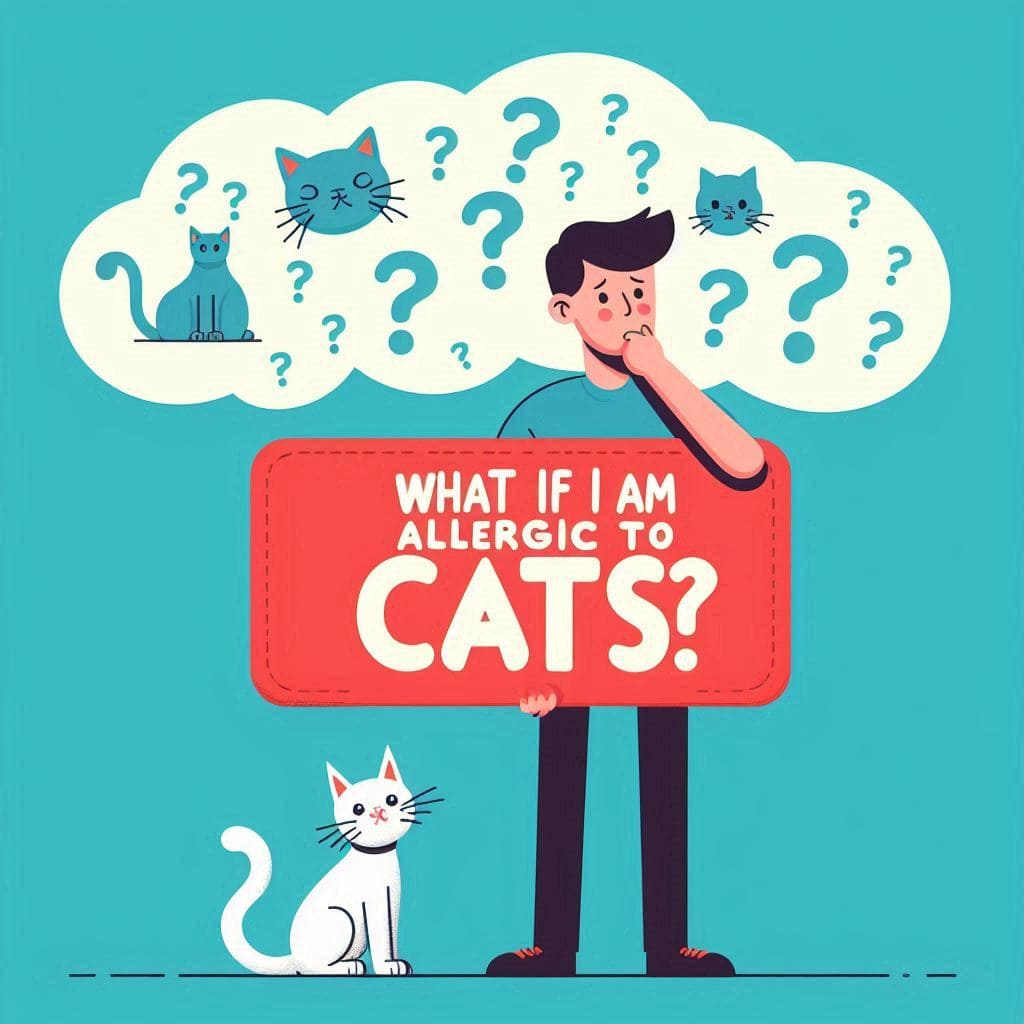What If I’m Allergic to Cats?
For Exton and Chester County residents, Dr. Sujal Ghelani is your Exton Allergist with understanding and managing these allergies can make a huge difference in your life. That’s where Keystone Allergy and Asthma Center in Exton comes in. Our board certified Exton Allergist, Dr. Sujal Ghelani can help you diagnose, manage, and treat your cat allergy.
Love cats but find yourself sneezing nonstop around them? You’re not alone. Cat allergies are common and can create big challenges for pet lovers. The good news? You don’t have to choose between your health and your feline friend. Let’s explore what causes cat allergies, how to test for them, and ways to manage your symptoms while keeping peace at home.
Why Are Cats So Allergenic?
Cats produce a protein called Fel d 1, found in their saliva, skin, and dander. When cats groom themselves, they spread this protein onto their fur. As it dries, it becomes airborne and enters your nose and lungs. For people with cat allergies, their immune system reacts to Fel d 1 as a threat, releasing histamines that trigger symptoms like sneezing, itchy eyes, and asthma.
How Can You Test for Cat Allergies?
Think you’re allergic to cats? Visit a board certified allergist near you like Dr. Sujal Ghelani at Keystone Allergy and Asthma Center. At our Exton office, we provide allergy testing to confirm if cats are the cause of your symptoms. A skin prick test or blood test can reveal if Fel d 1 is your trigger.
How to Manage Cat Allergies
Managing cat allergies takes effort, but it’s possible. Here are some steps to help:
1. Reduce Allergens at Home
- Clean Frequently: Use a vacuum with a HEPA filter. Wash your cat’s bedding and toys often.
- Air Purifiers: Place HEPA air purifiers in common areas to trap allergens.
- No Cats in the Bedroom: Create an allergen-free space where you can sleep peacefully.
2. Try Allergen-Reducing Cat Food
Some cat foods, like Purina Pro Plan LiveClear, can reduce the amount of Fel d 1 in your cat’s saliva. Talk to your vet to see if this option works for you.
3. Consider Medical Treatments
- Allergy Injections (Immunotherapy): Shots can help your immune system tolerate cat allergens. Treatment lasts 3-5 years and provides long-term relief. Mild redness or swelling at the injection site is a common side effect.
- Sublingual Drops: Allergy drops under the tongue are an alternative to shots. They’re easy to use at home. Some people experience mild mouth itching as a side effect.
4. Navigate Family Discussions
Some families may make the unfortunate hard decision to rehome the cat. Dr. Ghelani does not recommend this option but unless symptoms are more than mild and affecting overall health. In Chester County, we have some great resources to help cat owners if this is the only option for the family.
Resources for Pets in Chester County, PA
If you need help with your pet, here are local resources:
- Brandywine Valley SPCA: Offers adoption services, pet care advice, and rehoming support.
- Chester County Cat Hospital: Provides expert veterinary care and tips for managing allergies.
- LaMancha Animal Rescue: A rescue organization helping with adoptions and fostering.
- Forgotten Cats, Inc.: Specializes in stray and feral cat care.
Why Visit an Allergist in Exton?
Keystone Allergy and Asthma Center in Exton can create a personalized plan to help you manage cat allergies. We provide testing, treatments, and practical advice to improve your quality of life. If you’re searching for an allergist in Exton or Chester County to help you manage your allergy, we’re here to help. Call or Text us at 484-897-7143 to book your appointment.

